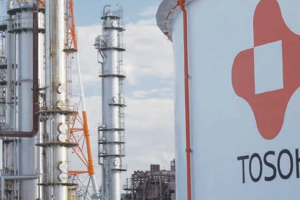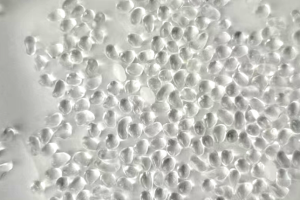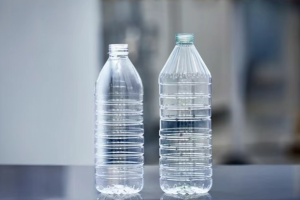AsiaMB, August 31st — Lego, the globally renowned toy manufacturer, has recently announced significant advancements in its sustainability strategy during the first half of 2024, marking a notable leap in the adoption of sustainable plastics.

According to Lego, a remarkable 30% of the raw resin procured in the first half of the year originated from rigorously certified sustainable sources through mass balancing. Moreover, the proportion of renewable or recycled materials in overall material purchases climbed to 22%, demonstrating a substantial increase from 2023’s figures of 18% for mass-balanced certified materials and 12% for sustainable materials. Lego underscores that this achievement is a pivotal step towards its goal of sourcing more than half of its raw materials from sustainable sources via the mass balancing principle, indicating a robust stride in reducing reliance on fossil-based materials.
Notably, Lego’s significant growth in sustainable consumption mirrors the escalating global demand within the polymer end-user industry for recycled and bio-based materials, further corroborating the increasing support from European consumer groups for alternatives to fossil-based materials.
In this context, industry leaders such as Lego, serving as primary drivers for downstream brands, are profoundly shaping the development trajectory of the European recycled and biopolymer market. These brands often exhibit a strong capacity to pay premium prices, willing to incur additional costs for circular materials, even when faced with challenges like a €550 per ton price premium for recycled polypropylene granules over virgin material. This phenomenon not only reflects the sustained expansion of the sustainable product market demand but also provides robust support for enhancing the industry’s long-term profitability.
Lego’s commitment to green transformation extends beyond materials; the company has implemented various emission reduction measures at the operational level. In the first half of the year, Lego launched a supplier sustainability program, explicitly requiring partners to set emission reduction targets for 2026 and 2028, fostering a green upgrade across the entire supply chain.
Lego’s efforts have garnered positive market responses. In the first half of the year, the company’s sales increased by 14% year-on-year, reaching €4.15 billion, significantly up from €3.67 billion in the same period in 2023. Both net profit and operating profit achieved year-on-year growth of 16% and 26%, respectively, reaching €804.6 million and €1.08 billion.
Furthermore, Lego is actively expanding its global supply chain network, including the establishment of a new distribution center in Belgium and accelerating the construction of factories in Vietnam and Virginia, USA, with plans for them to commence operations in the coming years. The company is also enhancing the production capacity of existing factories in Mexico, Hungary, and China to better satisfy the robust global demand for sustainable toy products.














